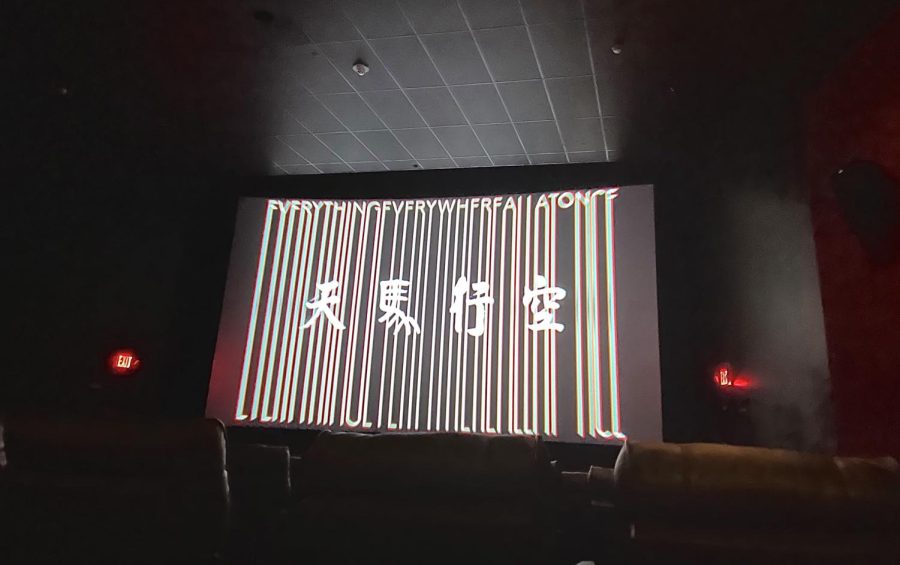Bong Joon-Ho’s latest release, Parasite, has captivated the international film world. Winning the Palme d’Or Award in 2019 and several Oscars at the 92nd Academy Awards in early 2020, the film brought pride and recognition for the Asian film industry. For the first time in history, Parasite earned Ho Oscars for Best Director and Best Picture.
When people think of South Korea, popular bands such as BTS and caring “oppas” portrayed in romantic K-dramas are often the first things that come to mind when the country rich in culture is mentioned. In reality, the Korean culture has emerged slowly after the country’s war recovery in the mid 1900’s. One of the leading figures was Chung Ju-Yung, who founded the Hyundai company. As South Korea capitalized, more money was spent on culture to encourage the entertainment industry and the tourism sector, a boom in the popularity of K-Pop and Korean dramas culminated in a widespread hallyu, or the Korean Wave. Undoubtedly, the Korean Wave aided the economic industry of South Korea. Investors and entrepreneurs contributed to the growth alike. While the living standards did improve, not all benefited from the rise of a capitalistic economy, such as the Kim family in Parasite.
Living in a banjiha, a small semi-basement apartment, the Kim family of four struggles to make a living, like most other Korean families trapped in the underground, beneath the wealthy class. A cycle of poverty then descends upon these families, which prevents them from the access of well-paying jobs and most importantly, education. The son of the family, Ki-Woo, is lucky enough to acquire a job as an English tutor in the house of the wealthy Park’s. On the other hand, the Park’s are able to enjoy a comfortable home that has windows that outlook an enormous garden. Soon, the Kim’s manipulated their way into the Park household and ousted the old staff of the house.
When the Kim’s thought everything was sailing smoothly, they came into a confrontation with the couple that used to serve the Park’s in an underground bunker. The conformation gets violent at the end, when the Kim’s basement was destroyed by a flood and the brother gets stabbed. Ultimately, the Kim family was destroyed and was sent back to their old basement. It would take the son hundreds of years to accumulate enough money to buy the luxurious house of the Park’s, which now belongs to a German family.
A dark comedy with an intriguing twist, Parasite highlights the difficulty for an average, poor Korean family to overturn the curse of poverty. Can the Kim’s be blamed for their desire to live comfortably and escape their banjiha? Or is it the wealthy individuals of the Korean society, such as the Park’s, who are to be blamed for their exploitation for money? Is capitalism the ultimate parasite of society? Ho hopes to raise realistic questions surrounding his hit film. As long as capitalism is put into practice without limitations, “the richer can only get richer, while the poor remain poor” as articulated by Percy Bysshe Shelley, who popularized the aphorism. In addition, can someone truly escape his or her origins? Similarly, the wealthy Park’s noticed a peculiar smell that lingered on the Kim’s, probably came from their unsanitary basement. The bothersome smell became a popular symbolism for the long-lasting effects of poverty in the movie. In the end, the truthful, yet comical portrayal of the Korean society in the film allows people to wonder who is the parasite in real life.












